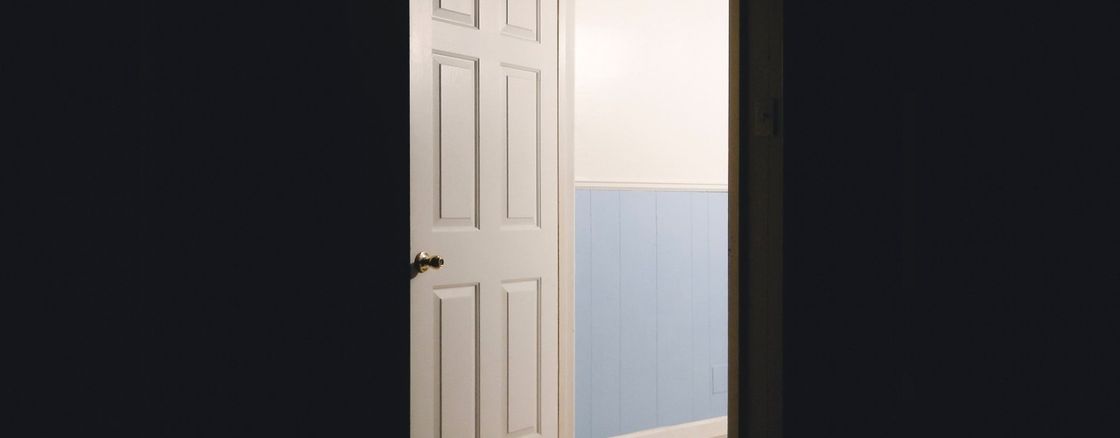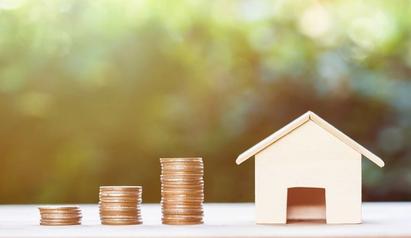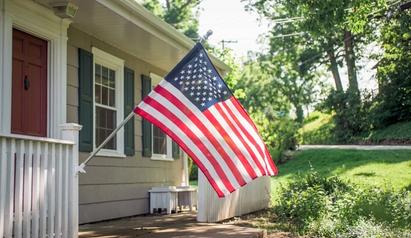Refinancing After the COVID-19 Mortgage Forbearance Program
Written by:
Own Up Staff
Own Up is a privately held, Boston-based fintech startup that is on a mission to make sure every home buyer receives a fair deal on their mortgage by unconditionally empowering individuals with customized data, personalized advice, and unprecedented access to mortgage lenders to create better financial outcomes and simplify the home financing experience.
See full bio

If you’ve been experiencing financial hardship due to the COVID-19 national emergency, you may have taken part in the CARES Act mortgage forbearance program. This program provides relief to homeowners with federally or Government Sponsored Enterprise (Fannie Mae or Freddie Mac) backed mortgages.
According to the Mortgage Bankers Association, roughly 5.5% of borrowers are currently in forbearance, representing 2.7 million homeowners. Needless to say, if you’re experiencing challenges with your mortgage payments during this crisis and participating in this program, you are not alone.
Simultaneously, millions of homeowners have refinanced, or are considering refinancing, as interest rates have fallen to record lows.
So you may be wondering, if you’ve participated in this program and now want to consider refinancing – are you eligible? Let’s dive in.
Can I refinance after participating in the CARES Act mortgage forbearance program?
In short, it depends on your loan type and your repayment activity.
For conventional loans (i.e. loans backed by Fannie Mae or Freddie Mac), you’ll need to take your mortgage out of forbearance and make three consecutive payments before you can refinance. Prior to the pandemic, borrowers had to wait 12 months after exiting forbearance before refinancing. As long as those three consecutive payments are made, you can refinance without having to pay the full owed amount. The outstanding forbearance balance will be added to the back end of your loan.
If you have an FHA loan, your requirements may vary depending on your loan program or lender. Borrowers won’t have to make a lump sum payment (i.e. paying back everything you missed in one payment), but your lender may have provided second liens that are expected to be repaid when you sell your home or refinance.
If you have a VA loan, you may be eligible for a loan modification plan after exiting forbearance.
If you have a USDA loan, you may qualify to have back payments added to the end of the loan.
Refinance eligibility after forbearance is unique to each borrower’s situation. Your lender should be able to help you understand your eligibility now, and create a next course of action to qualify for a refinance.
What impact does being part of the mortgage forbearance program have on my loan?
The impact may depend on which loan type you have. In general, you will still owe the missed payments after exiting forbearance. The three most common ways to pay this back are:
- Lump-sum repayment: You pay back everything you missed in one payment. This is less common as people normally don't have this lump sum if their ability to pay their mortgage was affected in the first place.
- Payment Plan: You create a plan with your lender to pay a higher monthly payment than the original terms of your loan in order to get out of forbearance.
- Loan Modification: Your lender will modify your term (i.e. going from a 30 to 40 year term) and thus you will continue to pay the same as the original payment, but over a longer term.
Aside from the changed payment plan, there shouldn't be many other implications. Forbearance should not negatively impact your credit score, but missed payments will. Keep a close eye on your credit as lenders/credit companies may mistakenly report forbearance activity.
What options do I have after the CARES Act program ends?
If you’re able to pay back three consecutive payments and exit forbearance, you should be able to refinance as normal. Any remaining payments you have to make will be added on to the back end of your loan once you refinance. You can review your options with your current lender and use our mortgage marketplace to shop rates and ensure you’re getting a fair deal on your refinance.
If you’re still struggling with financial hardship and need more time to resume your mortgage payments, you can apply for a six-month extension of your forbearance for most loans. Your lender should reach out to you 30 days before the current forbearance plan is scheduled to end, but you don’t have to wait for your lender to reach out to you. You can contact your lender to let them know about your situation to see how they can help.
If you feel you can make your usual mortgage payments in full, you can jump back in and pay the same monthly amount. That said, you will still need to make up the missed payments. As previously mentioned, there are three primary ways to make up these missed payments, but the most common solutions are either creating a payment plan to overpay the difference or modifying your loan to extend the repayment period.
Lastly, refinancing is not the best solution for everyone. The pandemic has shifted priorities for homeowners, with many leaving expensive urban areas for more affordable suburban spaces. Finding a less expensive home or a less expensive area can help you pay off your current mortgage and find a home that better fits your budget.


